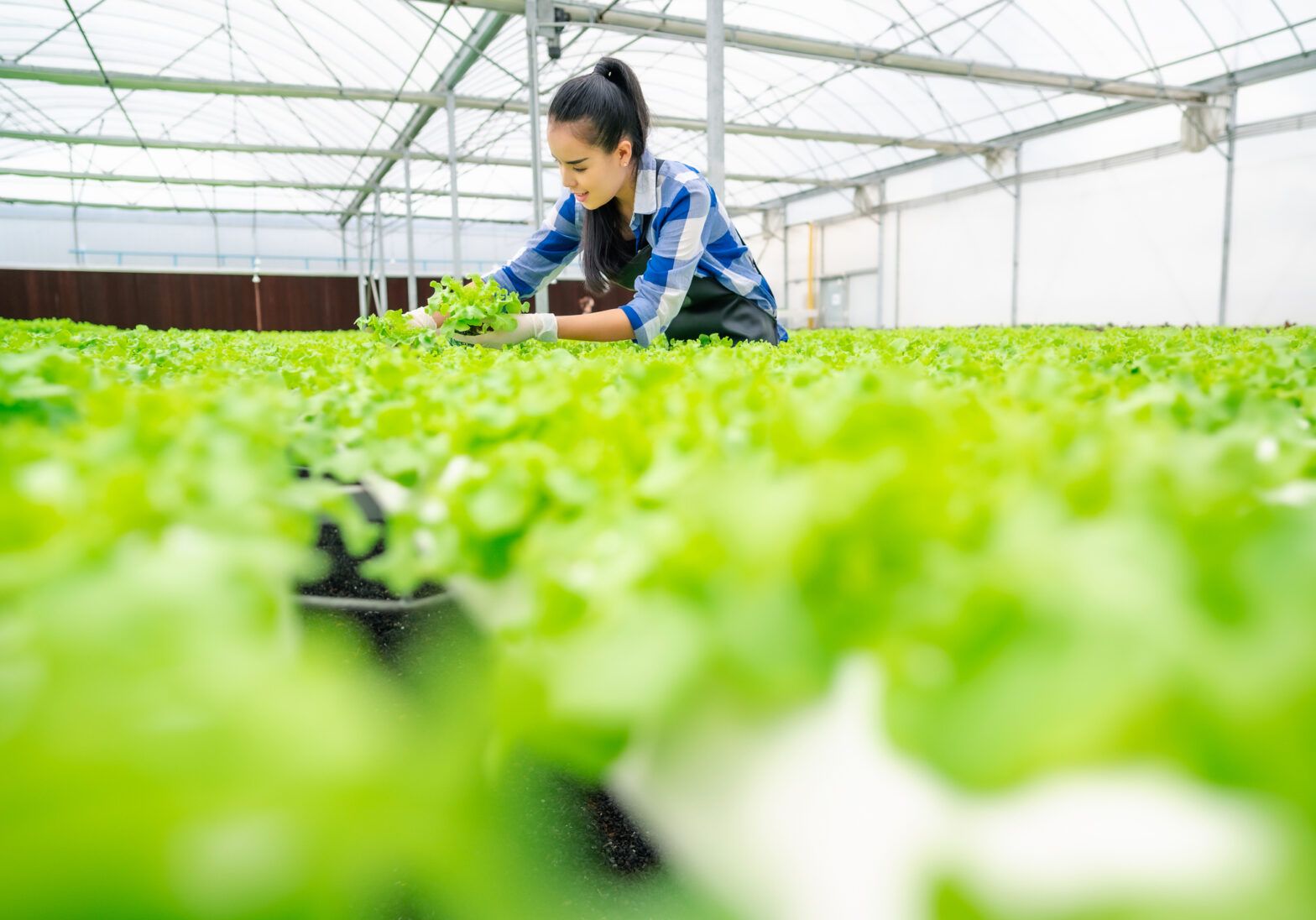The UK, Germany, Portugal and Italy are now ranked as ‘high risk’ for several of the most critical forms of supply chain ESG violations, including forced labour, child labour, freedom of association, and wage related violations, according to a new report.
The Supply Chain ESG Risk Ratings report has found Western sourcing markets have shifted away from their lower risk classification, with forced labour identified as a key contributor to an increasing risk.
Countries like the UK are seeing higher risk for critical violations, in part due to a rise in the exploitation of foreign migrant workers.
The UK saw its Forced Labor Index decrease by 58% over the last year, which coincided with the country welcoming refugees, particularly from the Ukraine, who can be more susceptible to forced labour.
Spain, Italy and Greece have seen increases in risk associated with forced labour as well, particularly in sectors such as agriculture, construction, and domestic work.
These countries often serve as entry points for migrants and refugees from Africa and the Middle East, who are highly vulnerable to exploitation due to their irregular status and limited access to social and legal protection.
The report, published by sustainability specialists Elevate, an LRQA company, is grounded in 20,000 global supplier audits conducted annually, with more than 45 million data points derived from on-the-ground site visits collated in Elevate’s data analytics solution, EiQ.
Kevin Franklin, managing director of advisory at Elevate, an LRQA company, said: “The current geopolitical, economic and legislative climate has made it increasingly difficult for businesses across the globe to be confident about ESG risk in their supply chains.
“Even historically lower risk Western markets have started to slip. It is now clear that simply homeshoring or nearshoring manufacturing in countries previously thought to be ‘safe’ from egregious ESG risks is not enough.
“Systematic and proactive supply chain risk assessment, monitoring and management should be applied in all sourcing locations to avoid negative business impacts and trade disruption.”
The report’s data found nearly half of sourcing countries are now considered ‘high risk’.
This means the country is more likely to experience risk events that stand in violation of supply chain ESG governance frameworks, including local and international law.
These could range from finding evidence of environmental degradation to the use of child labour.








